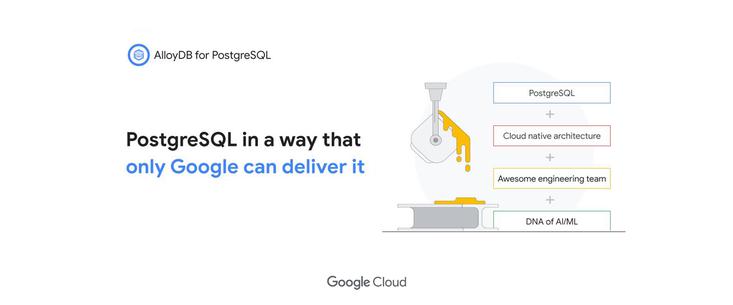For over 30 years, the PostgreSQL database has relied on open source to become the world’s most advanced database. PostgreSQL continues to be known for its strong reputation for reliability, feature robustness, and performance.
Supporting both SQL and JSON querying, the highly stable database management continues to be backed by the open-source community development, some of which has contributed to its resilience, integrity, and correctness. With the ability to support advanced data types, PostgreSQL is used as the primary data store or data warehouse for many webs, mobile, geospatial, and analytics applications.
Just as PostgreSQL improves database systems, many enterprises are struggling to free themselves from legacy database systems. These enterprises need an alternative option to modernize their applications, which in this case would be standardized open systems such as PostgreSQL.
SINGAPORE RANKED 6TH FOR HIGHEST NUMBER OF INTERNET-FACING EXPOSED DATABASES
Aaron Raj | 29 April, 2022
While PostgreSQL eliminates expensive, unfriendly licensing and the vendor lock-in that comes with legacy products, running and re-platforming business-critical workloads onto an open-source database can be daunting.
As such, Google I/O has announced the preview of AlloyDB for PostgreSQL, a fully-managed, PostgreSQL-compatible database service that provides a powerful option for modernizing the most demanding enterprise database workloads.

Compared with standard PostgreSQL, AlloyDB was more than four times faster for transactional workloads, and up to 100 times faster for analytical queries. AlloyDB was also two times faster for transactional workloads than Amazon’s comparable service, making it a powerful new modernization option for transitioning off of legacy databases.
According to Andi Gutmans, GM and VP, Databases, Google Cloud, “AlloyDB combines the best of Google’s scale-out compute and storage, industry-leading availability, and AI/ML-powered management with full PostgreSQL compatibility, paired with the performance, scalability, manageability, and reliability benefits those enterprises expect to run their mission-critical applications.”
For Google, AlloyDB is the next major milestone in its journey to support customers’ heterogeneous migrations. For example, Gutmans said that they recently added Oracle-to-PostgreSQL schema conversion and data replication capabilities to their Database Migration Service, while Google’s new Database Migration Program helps customers accelerate their move to the cloud with tooling and incentive funding.
“With AlloyDB, we’re tapping into decades of experience designing and managing some of the world’s most scalable and available database services, bringing the best of Google to the PostgreSQL ecosystem. At AlloyDB’s core is an intelligent, database-optimized storage service built specifically for PostgreSQL. AlloyDB disaggregates compute and storage at every layer of the stack, using the same infrastructure building blocks that power large-scale Google services such as YouTube, Search, Maps, and Gmail. This unique technology allows it to scale seamlessly while offering predictable performance,” stated Gutmans in a blog post.
At the same time, Gutmans explained that additional investments in analytical acceleration, embedded AI/ML, and automatic tiering of data meant that AlloyDB can handle any workload thrown at it, with minimal management overhead. What makes it more interesting is that all of this is done while maintaining full compatibility with PostgreSQL 14, the latest version of the advanced open-source database.
Among the capabilities of AlloyDB enterprises can use to modernize applications include:
With that said, enterprises can reuse their existing development skills and tools, and migrate their existing PostgreSQL applications with no code changes, benefitting from the entire PostgreSQL ecosystem. Furthermore, Gutmans stated that by using PostgreSQL as the foundation of AlloyDB, Google is also continuing its commitment to openness while delivering differentiated value to its customers.
DATABASESGOOGLEOPEN SOURCE
By Aaron Raj
Aaron Raj
Aaron enjoys writing about enterprise technology in the region. He has attended and covered many local and international tech expos, events and forums, speaking to some of the biggest tech personalities in the industry. With over a decade of experience in the media, Aaron previously worked on politics, business, sports and entertainment news.









